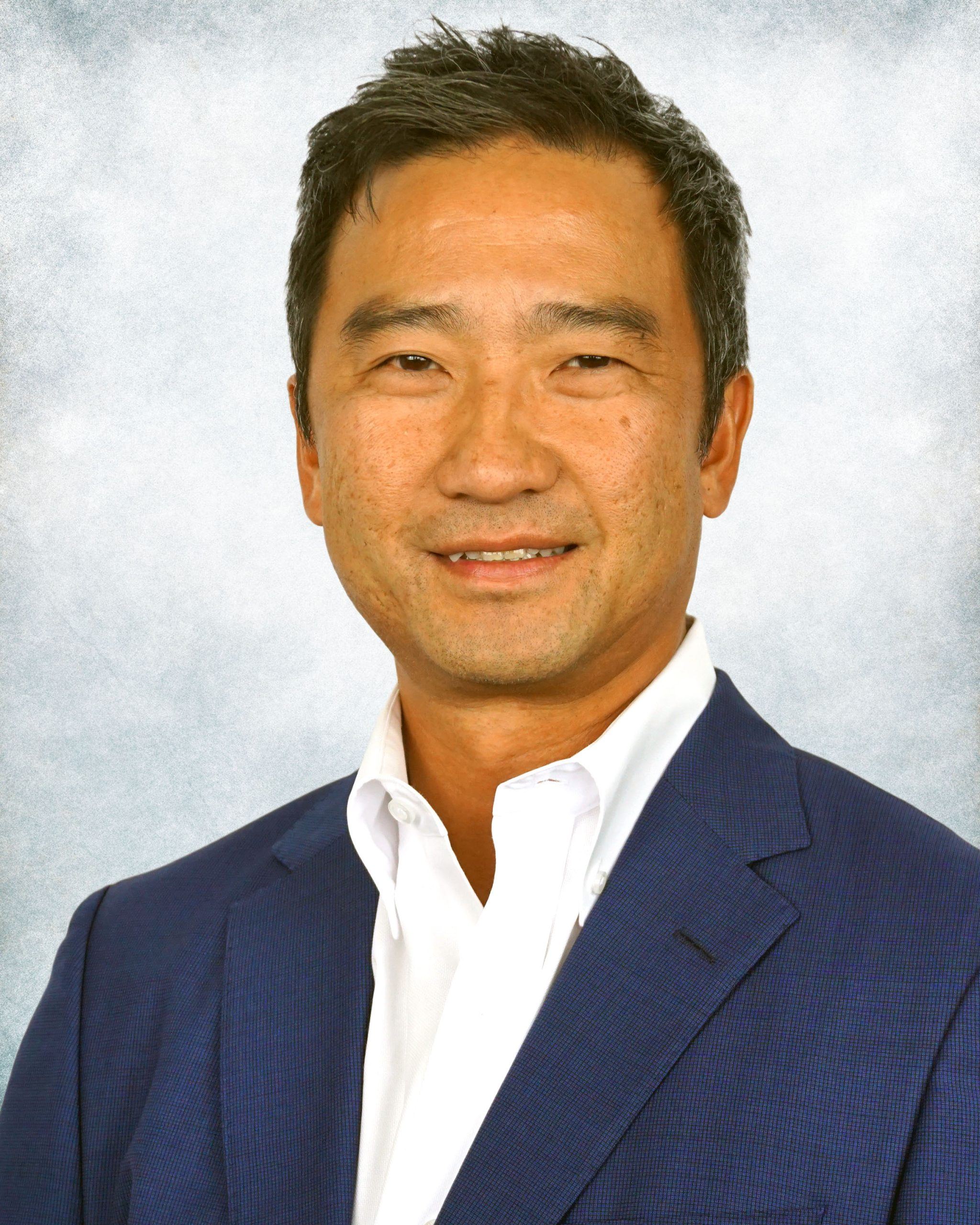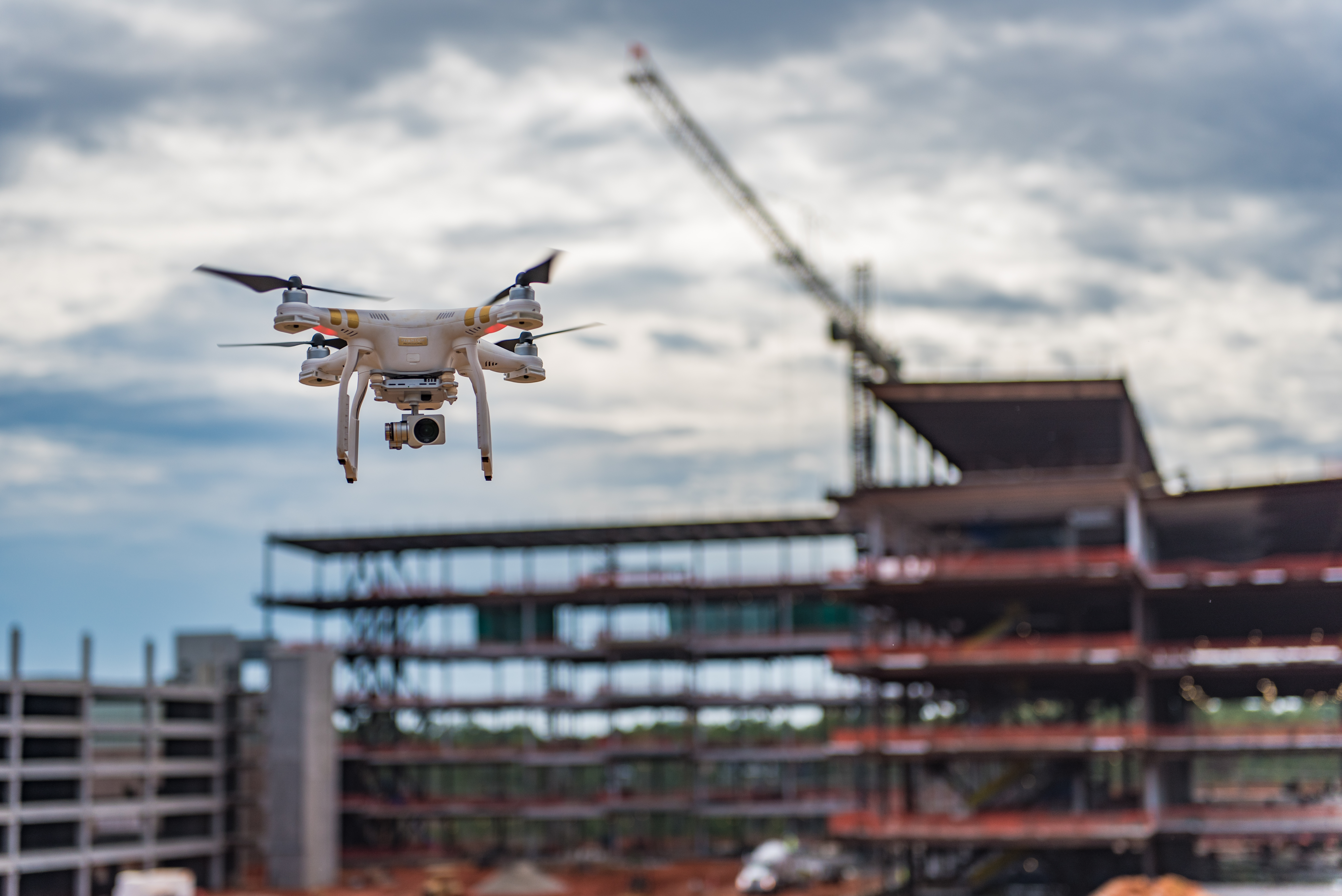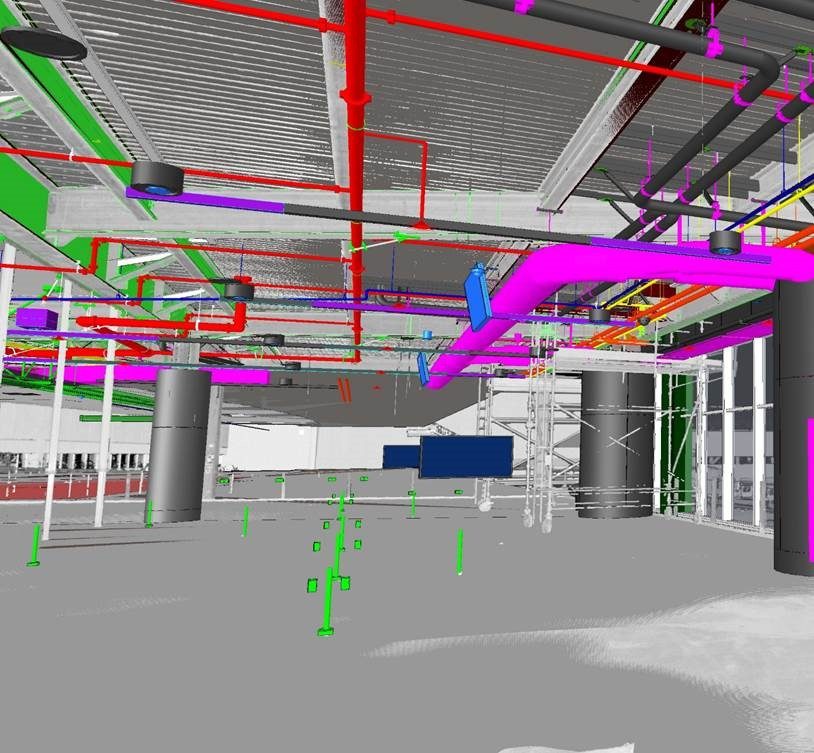
Contributor: Thai Nguyen, Director of Innovation, Hensel Phelps
The construction industry has made impressive strides in digital transformation. However, it still faces challenges in fully harnessing the potential of Artificial Intelligence (AI) due to fragmented data held in silos by individuals, teams and companies. The emergence of new tools and apps adds another layer of complexity, requiring careful consideration to ensure seamless integration and communication with legacy systems. Additionally, managing complex modern projects requires even better resource management tools and innovative solutions to maximize productivity and stay competitive.
To address these challenges, Hensel Phelps created Diverge, its innovation and investment arm. Diverge is tasked with overseeing and supporting the unprecedented technology revolution, including supporting the industry’s extensive digital transformation, driving collaboration and interoperability, sharing data and addressing future needs. Its mission is to break down silos and promote collaboration by facilitating the seamless flow of data across different platforms and systems.
By leveraging the latest advancements in technology, Diverge aims to be a pipeline to compartmentalize the vast amounts of data generated in construction to provide insight in better decision-making, increase efficiency and enhance productivity in the various touchpoints of a project team including, but not limited to, quality, safety, construction technology and field operations. Diverge’s forward-thinking approach drives innovation and supports the construction industry’s growth in the digital age, thanks to a vast network of industry professionals, startups, technology vendors, academic research teams and data access for hundreds of projects.
The Right Tools at the Right Time
As one of the early adopters and champions of digital transformation in the construction industry, Hensel Phelps has gained much insight on the value of integrating the use of the right tools at the right time to support and develop highly functional teams. To assess which tools are correct for the job, there is great value in noting the importance of how project teams are structured and the project delivery strategies promoted by the Owners.
“Project delivery strategies greatly impact how this data can be shared and capitalized upon. Collaborative delivery strategies such as design-build facilitate the sharing of this data and information. When there is one team that manages the design and construction, the data can be better utilized across the project, providing better outcomes for the team and the client,” explained Greg Gidez, FAIA, FDBIA, Hensel Phelps’ Director of Design Services, former DBIA National Board Chair and recent winner of DBIA’s Brunelleschi lifetime achievement award. “The ability to manage and integrate critical digital information allows us to design and build with confidence.”

Steve Grauer, DBIA, Regional Vice President of Hensel Phelps’ Southwest Region and former DBIA National Board Chair, said, “We are seeing massive strides in technology adoption at our job sites across IoT, robotics and worker safety to deliver the promised benefits from technology adoption to our job sites, people and Owners.”
Technologies such as job site safety, AR/VR, field robotics, modular construction, certification tracking and sensors for asset management are some of the technologies leading the transformation. These technologies are enabling better decision-making, improving efficiency and enhancing safety across construction sites in the U.S.
Artificial Intelligence-based tools are making better inferences and future predictions by leveraging data from all construction sites across the U.S., allowing builders to construct safer, faster and more sustainably while allowing them to reduce their carbon footprint. Improvements in aerial capture and smartphone technology have made it possible to identify safety violations and predict potential hazards. By combining this data with schedules, IoT devices and AI tools, builders can mitigate safety risks and predict resource requirements for future projects.

Moreover, workers are testing smart vests that track the load they are lifting, monitor their posture and help reduce the risk of injury. Supervisors can use the data from these vests to train workers and notify them if they are lifting too much weight, alerting someone to come and assist them.
Looking Ahead
The construction sector has already made significant strides in adopting technology – including the automation of construction tasks using robotics and drones – which has resulted in increased productivity and safety. However, with these advancements, it’s important to consider what’s next for the industry.
Mark Rothman, AIA, LEED AP, DBIA, Design Manager for Hensel Phelps who managed the design for the Harvey Milk Terminal 1 project at San Francisco International Airport, emphasized how new tools in construction technology are enabling better planning and management. “I’m truly excited about how future technology adoption at Hensel Phelps will drive innovation and the industry forward. Diverge is playing a crucial role in this innovation through the development of better tools and process innovation across the organization,” he said.

Diverge is building a world-class innovation center to develop, test and validate future technologies. By collaborating with startups, research teams, academia and other general contractors, Diverge is pushing the industry forward and developing a future vision of collaboration. As Henry Ford once famously said, “If I had asked people what they wanted, they would have said faster horses.” Diverge is leading the way in driving not just product, but also process innovation to explore new ways of approaching construction projects and is continuously pushing the boundaries of what’s possible in the industry.
However, it’s important to remember that the most crucial aspect of innovation is people. By incorporating people and promoting a culture of innovation through think tanks, innovation competitions, and technology conferences and training, Diverge is making sure everyone is heard, valued and included in this technology revolution.
